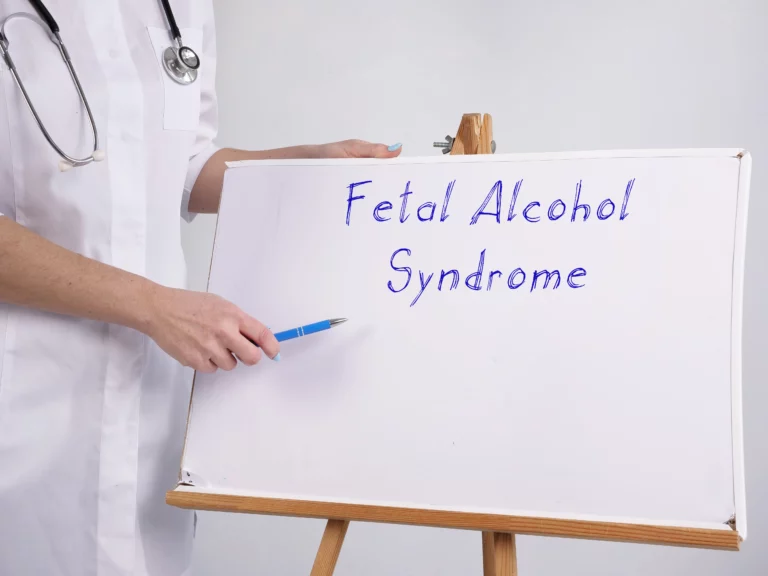Who is Most at-risk for Alcoholism?
According to a 2019 study from the National Institute on Alcohol Abuse and Alcoholism, 14.5 million Americans ages 12 and older were living with alcohol use disorder — also known as Alcoholism. Although not all people who drink alcohol have alcoholism, research shows that certain demographics are more at risk to develop alcoholism than others. Individuals within these categories should keep that information in mind before engaging in the drinking or binge drinking of alcohol of any kind.
Alcoholism
Alcohol Use Disorder (Alcoholism) is a medical condition found in individuals who have an impaired ability to stop or control their alcohol use, even while facing social, occupational, or health-related consequences. The effects of this disorder can range, reaching from mild to severe. Typically, the less control a person has over their drinking, the more severe their alcoholism is.
The Effects of Alcoholism
According to the Centers for Disease Control and Prevention, Alcoholism can lead to several unintended consequences and effects. It can cause a variety of issues in one’s social life and even lead to job loss. However, some of the most significant side effects of alcoholism occur in the human body.
In the short term, alcoholism can lead to health risks like:
- Injuries (from simple falls to car crashes)
- Violence (including assault, sexual assault homicide, and suicide)
- Alcohol poisoning
- Risky sexual behaviors (unprotected sex, STIs, and unintended pregnancy)
- Miscarriage and stillbirth in biological women
In the long-term, alcoholism can lead to even greater risks to one’s health, including:
- High blood pressure
- Heart disease
- Increased risk of stroke
- Liver disease
- Digestive issues
- Cancer (of the breast, mouth, throat, esophagus, liver, colon, and rectum)
- Weakened immune system
- Learning problems
- Memory problems
- Anxiety
- Depression
Which Demographics are Most at-risk for Alcoholism?
Although any individual can develop alcoholism unintentionally, there are certain groups who are more at risk for developing alcoholism than others due to factors like age, genetics, and mental health. These groups include the following:
Teenagers and Young Adults
Of the many groups with a higher risk for developing alcohol use disorder, teens and young adults are perhaps one of the most at-risk. According to the National Institute on Alcohol Abuse and Alcoholism, individuals who began drinking before the age of 15 were 5 times more likely to develop alcohol use disorder than those who began drinking at the age of 21 or later. Several factors contribute to this statistic. One of the main reasons is the fact that the brains of teenagers and young adults are still developing, which makes it easier for them to develop addictive behaviors, including alcoholism.
Individuals with a Family History of Alcohol Abuse
Unfortunately, various studies have found that alcoholism is hereditary. Therefore, individuals who have a family history of parents, grandparents, and/or great grandparents with alcoholism have a 60% chance of inheriting a weakness to alcohol, which can more easily develop into alcohol use disorder. However, genetics is not the only factor. Individuals who grow up around parents or guardians with alcohol use disorder are also more likely to develop alcoholism later in life.
Individuals with Mental Health Conditions
Another major factor in how at-risk a person is for developing alcohol use disorder is their mental health. Mental health conditions, such as depression, post-traumatic stress disorder (PTSD), and attention deficit hyperactivity disorder (ADHD), can increase the likelihood that one will develop alcohol use disorder. Those living with a mental health condition should avoid alcohol as much as possible.
Recovery is Possible with an Alcohol Addiction Rehab
Alcoholism can affect anyone. It does not matter where one is from or what type of alcohol they like to drink. However, there are certain demographics more prone to develop alcohol use disorder. These groups include teenagers and young adults, those with a family history of alcoholism, and individuals living with mental health conditions like depression, PTSD, or ADHD.
If you or a loved one is currently living with alcoholism, help is available! At Oasis Recovery, our addiction specialists offer several proven treatments and treatment programs to help people overcome their alcoholism. Contact us today for more information on how we can help you or your loved one live a life of sobriety!











